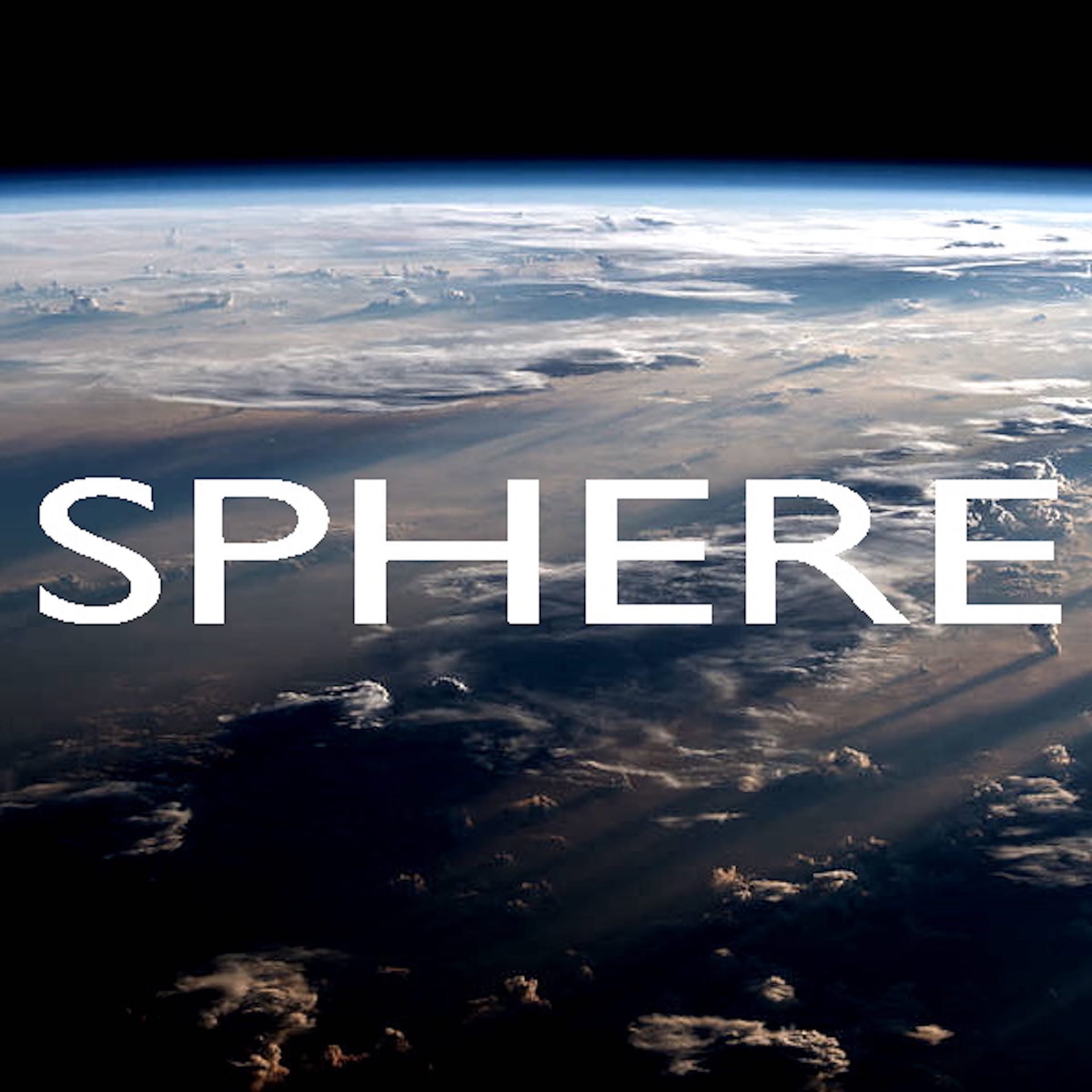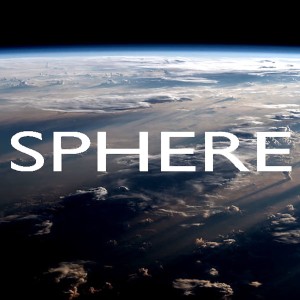

SPHERE is a podcast that investigates the historical evolution of global environmental governance through in-depth discussions with a wide array of scholars, scientists, and practitioners—including politicians, diplomats and other government officials—who have played decisive roles in shaping the course of environmental politics, science and activism over the past half century or more. The podcast provides invaluable insights, expertise and first-person oral histories encompassing the entire post-WWII “Great Acceleration” of rapid economic growth and environmental degradation that gave rise to the environmental awakening of the 1960s and after. SPHERE also covers current conceptual developments such as the Anthropocene and debates on climate change and the global sustainable development goals that will underpin the agenda of the upcoming “Stockholm+50” conference, marking the semi-centennial of the seminal 1972 UN Conference on the Human Environment. SPHERE the podcast is an extension of the ERC-funded research project SPHERE—Study of the Planetary Human-Environment Relationship—centered at KTH Royal Institute of Technology in Stockholm, Sweden.
Episodes

Friday Jun 09, 2023
Friday Jun 09, 2023
Paul Ehrlich’s 1968 bestseller The Population Bomb, which generated an enormous amount of concern, controversy and criticism for its neo-Malthusian predictions of famine and mass death, is considered a milestone in the environmental movement of the 1960s and 1970s. The Stanford biologist has ever since remained in the spotlight as a public scientist and institution builder, and now, 55 years after The Population Bomb, has finally published his memoirs, Life: A Journey Through Science and Politics, on Yale University Press. In this episode of the SPHERE podcast, Prof. Ehrlich shares personal experiences and reflects on some of the central scientific and political issues of his long career engaged with questions related to environment and governance.

Friday May 28, 2021
Friday May 28, 2021
As part of the SPHERE research project and podcast’s aim of developing a comprehensive understanding of the evolution of global environmental governance, this episode features a far-ranging interview with Prof. Frank Biermann, founder of the Earth System Governance Project. The discussion with Prof. Biermann, in addition to covering conceptual aspects of environmental and sustainability governance, includes pressing issues of contemporary international politics such as geoengineering, environmental justice and the UN Sustainable Development Goals. Prof. Biermann, based on some of his latest research, also shares his qualified critique of the planetary boundaries framework, and of what he considers the outdated idea of environmental policy.

Monday Apr 26, 2021
Rendering the Earth a Governable Object in the Anthropocene
Monday Apr 26, 2021
Monday Apr 26, 2021
While humans have gained the power to alter the global environment, work within certain scientific disciplines since the Second World War has made it possible to assess the impacts of exponential growth on planetary processes and measure environmental change across vast timespans. Scientific advances, coupled with political initiatives, have in a sense rendered the Earth a governable object, while also expanding the horizons of environmental history. Erik Isberg, a PhD candidate in the SPHERE project, joins the podcast to explain how the work of scientists such as glaciologists working with ice cores, and the rise of the integrative field of Earth System Science, underpinned the emergence of global environmental governance, and enabled the writing of human-Earth histories on geological timescales.
Wednesday Jan 20, 2021
Wednesday Jan 20, 2021
In part 2 of the SPHERE interview, STS scholar Sabine Höhler discusses the planetary parallels between Earth system science and Spaceship Earth, as well as the latter’s influence on 1970s science fiction and similarities to scientific conceptualizations such as the Anthropocene and the ‘safe operating space for humanity’ of Planetary Boundaries fame. Also, Dr. Leah Aronowsky provides a pre-history of sorts, explaining how ecological research associated with nuclear testing in the South Pacific played a pivotal role in conceptualizing complex systems.

Wednesday Dec 16, 2020
Wednesday Dec 16, 2020
Integrating ideas from ecology, economics and architecture, the evocative concept of Spaceship Earth emerged in the midst of the space race and environmental awakening of the 1960s, and influenced popular culture in the form of e.g. science fiction. Leading Science & Technology Studies scholar Sabine Höhler, associate professor at KTH and author of “Spaceship Earth in the Environmental Age, 1960-1990”, joins the SPHERE podcast to explain the origins of Spaceship Earth and how it has gained renewed relevance through concepts such as the Anthropocene, Planetary Boundaries and Earth System Science.

Monday Nov 09, 2020
The Environment: A History of the Idea with Prof. Sverker Sörlin
Monday Nov 09, 2020
Monday Nov 09, 2020
In this inaugural episode of the SPHERE podcast, Prof. Sverker Sörlin explains how the idea of “the environment” emerged at the outset of a radical reconfiguration of the human-environment relationship precipitated by an unprecedented post-war economic expansion that put enormous pressure on ecosystems and the Earth. The point of departure for this discussion on the rise of global environmental governance is The Environment: A History of the Idea (Johns Hopkins UP 2018), a foundational work for the ERC-funded research project SPHERE—Study of the Planetary Human-Environment Relationship.